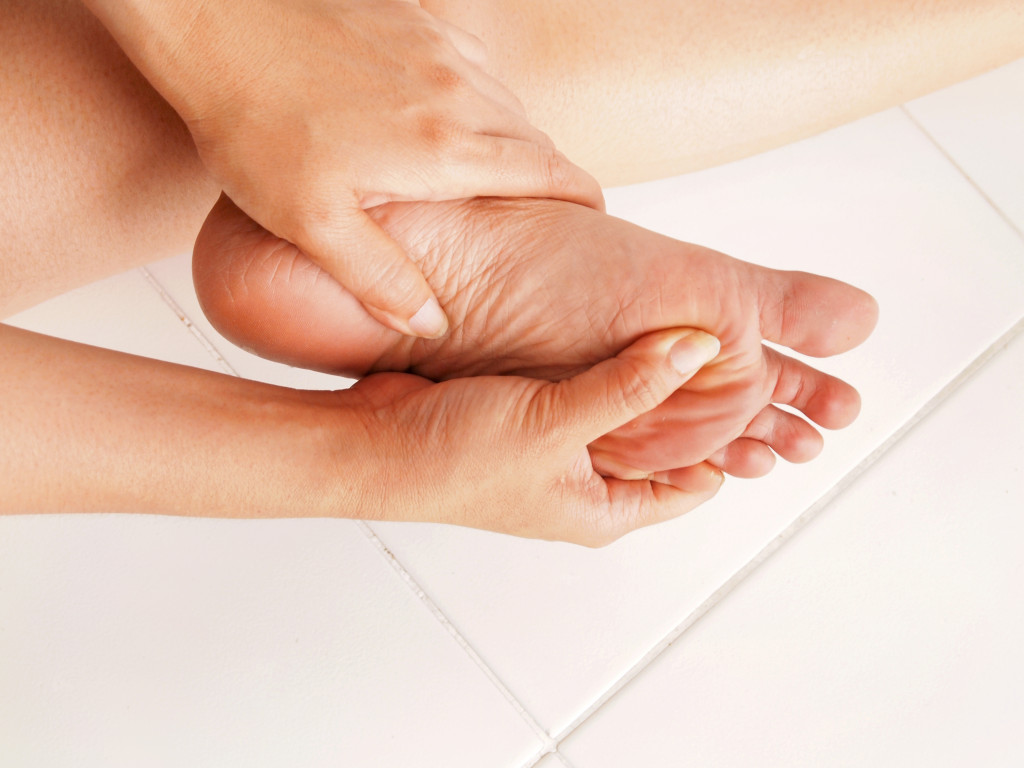- Rheumatoid arthritis is an autoimmune condition that causes joint inflammation and can lead to joint pain, stiffness, swelling, fatigue, and fever.
- Living with RA can affect physical abilities, emotional health, work/career opportunities, tooth loss, and finances.
- Early diagnosis and treatment are important to manage symptoms and slow down the progression of the disease.
- Treatments for RA include medications, physical therapy, and surgery.
Rheumatoid arthritis is an autoimmune disease that affects millions of people worldwide. It is a chronic condition that causes inflammation in various joints, leading to joint pain and stiffness. If left untreated, rheumatoid arthritis can permanently damage the joints and even disability. Here’s what you need to know about rheumatoid arthritis, including its symptoms, causes, and treatment options.
Symptoms
The symptoms of rheumatoid arthritis can vary from person to person. Common symptoms include joint pain, stiffness, and swelling.
Other symptoms may include fatigue, fever, and loss of appetite. As the disease progresses, it can cause joint deformity and loss of mobility. It is essential to seek medical attention if you experience any of these symptoms. Early diagnosis and treatment can help manage the symptoms and slow down the progression of the disease.
How it Can Affect Your Life
RA can affect your life in various ways. Here are some of those ways:
Physical Limitations
One of the most apparent ways RA can affect your life is by limiting your physical abilities. The inflammation in your joints can cause pain, swelling, and stiffness, making it difficult to perform regular activities like walking, standing, and lifting. You may also experience fatigue, further limiting your stamina and endurance. However, it’s essential to remain physically active to maintain joint flexibility and overall health. Low-impact activities like swimming, yoga, and tai chi can help manage RA symptoms.

Emotional Impact
Living with RA can take a toll on your emotional health as well. Chronic pain and physical limitations can lead to frustration, anxiety, and depression. Additionally, the uncertainty of living with a chronic illness can be overwhelming and stressful. It’s important to seek emotional support through professional counseling, support groups, or connecting with others who have RA.
Work and Career
RA can also impact your ability to work and maintain a career. Chronic pain and fatigue can make it difficult to focus on work or remain on task throughout the day. Additionally, physical limitations can make it difficult to perform specific job duties. Discussing your condition with your employer and exploring accommodations that can help you continue to work effectively, such as adjusting your work hours, using adaptive equipment, or exploring alternative positions.
Tooth Loss
Not many people know this, but RA can also lead to tooth loss. The disease can cause dry mouth and gum problems, which increases the risk of dental decay and infection. It’s essential to practice good oral hygiene habits and visit your dentist regularly for check-ups. It’s also essential to replace any teeth you’ve lost to reduce further complications. A teeth replacement service is essential to do this. The service can match the tooth color, size, and shape to the existing teeth to create a natural-looking smile.
Financial Burdens
Finally, RA can also create financial burdens, as medical treatments and medications can be costly. Additionally, reduced work hours or disability can impact your income. It’s essential to explore all available financial resources, such as disability benefits or non-profit organizations offering financial assistance to those with chronic illnesses.
Treatments
There are various treatments for RA. Here are some of those treatment options:

Medication
Medications like disease-modifying antirheumatic drugs (DMARDs) and nonsteroidal anti-inflammatory drugs (NSAIDs) can help reduce inflammation, slowing down the progression of the disease. Biologics are also available for severe cases.
Physical Therapy
Physical therapy can also be beneficial in managing RA symptoms. Exercises designed to improve joint flexibility and range of motion can help reduce pain and stiffness. Physical therapy can also help strengthen the muscles around the joints to provide support.
Surgery
Surgery may sometimes be necessary to repair or replace damaged joints. Total joint replacement is an effective option for those with severe RA that has caused extensive joint damage. Surgery can help reduce pain and restore mobility to the affected area.
Living with RA can be challenging, but with proper management, it is possible to live a full and active life despite your diagnosis. It’s essential to work with your doctor to find the best treatment plan for you and learn how to manage your symptoms. With the right support, it is possible to live a healthy and fulfilling life with RA.




